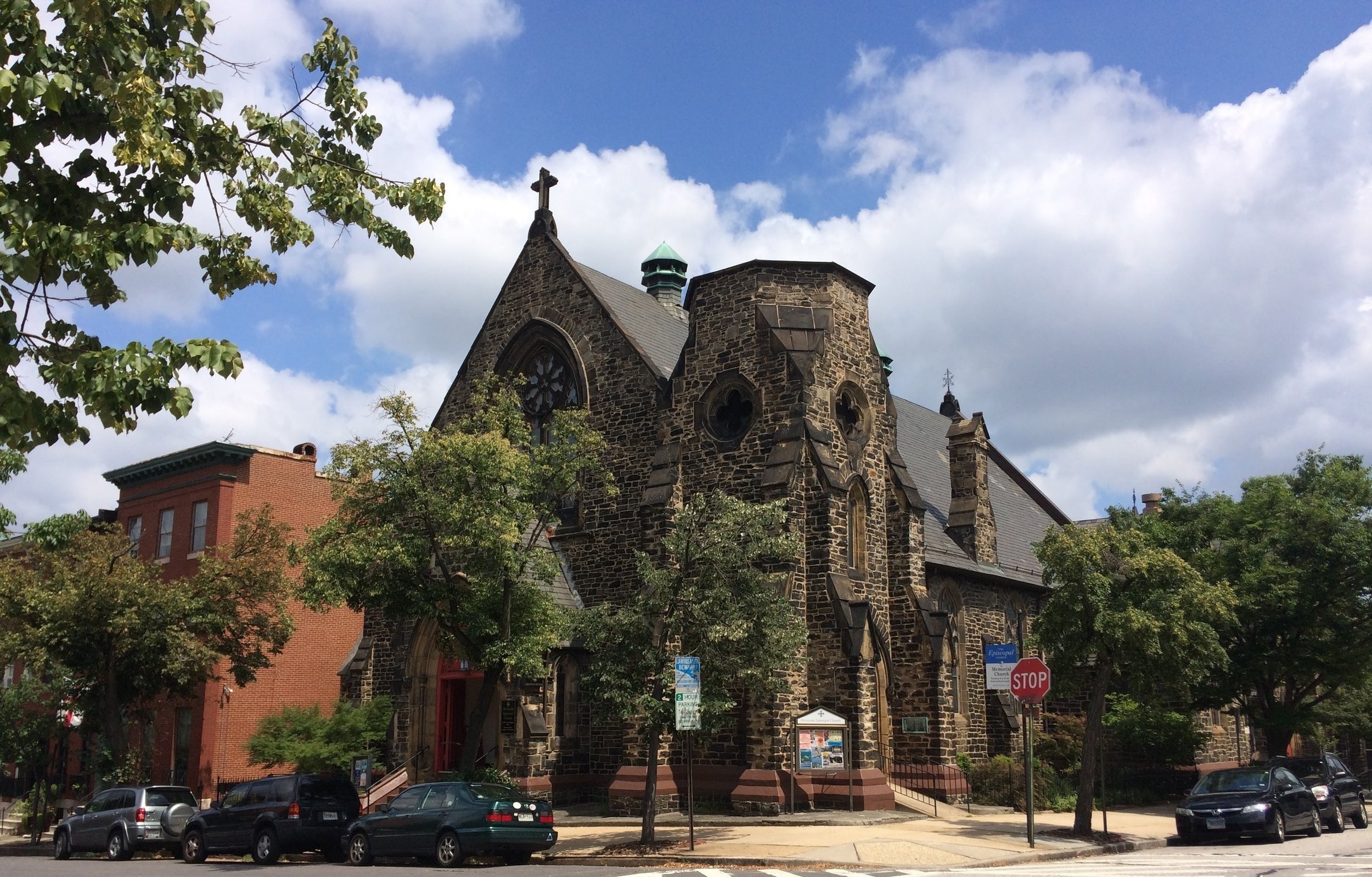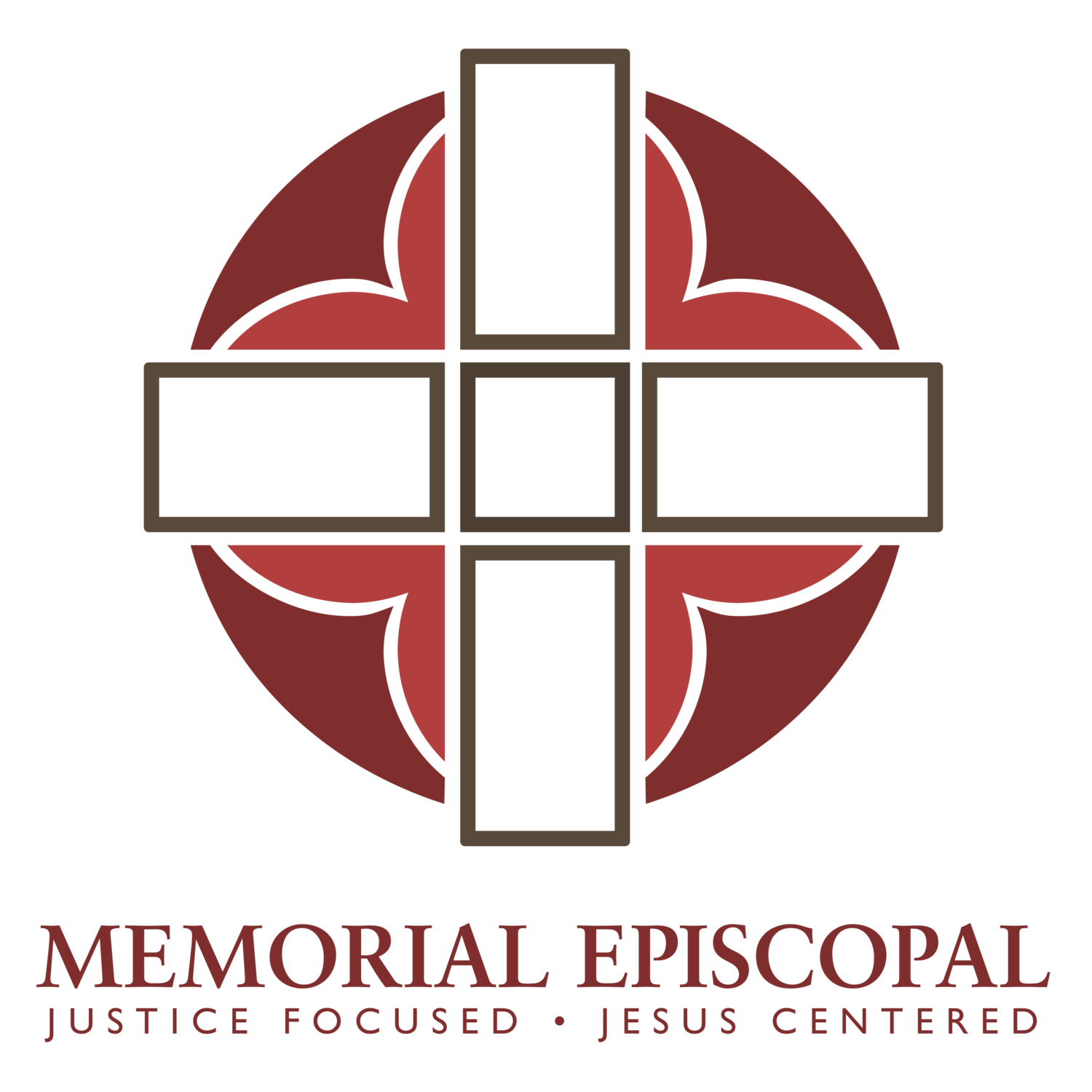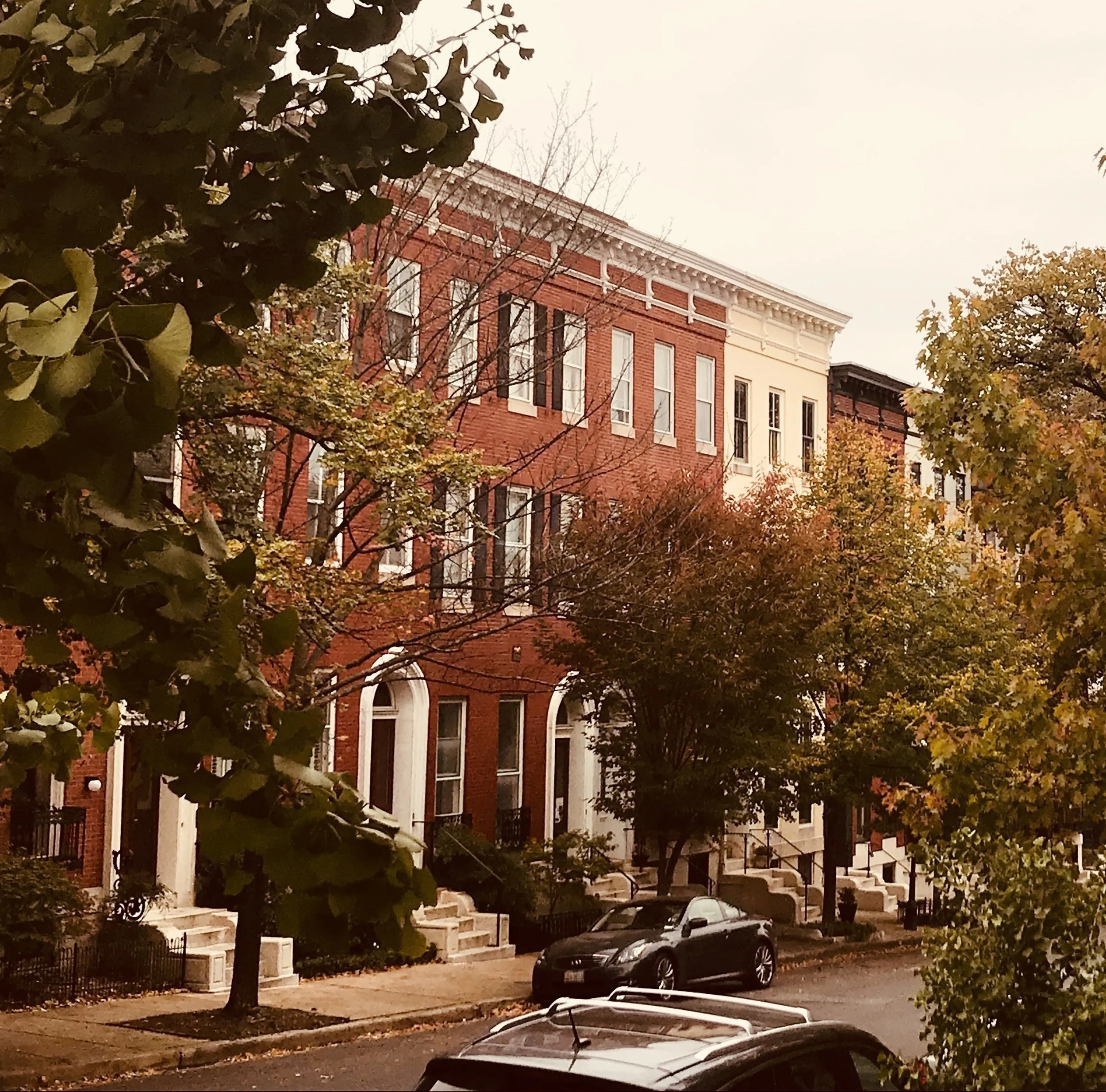
The View from Bolton Street
The View from Bolton Street
Kathleen Capcara spent got her start in the field of Christian education at Memorial over 25 years ago. She has made Christian education for children, youth, and adults her life’s work.
Having recently retired, Kathleen has been spending the past six months getting to know a new generation of children and youth at Memorial.
Kathleen and her husband John McIntyre have grown twins who grew up at Memorial. Their daughter, Alice, is a Latin teacher in Manhattan and their son, JP, works in the restaurant industry in Chicago.
Make Me an Instrument of Peace: Civil Discourse
Jesus said, "Blessed are the peacemakers, for they shall be called children of God."
Many of us have expressed a desire to find a path to peace now that the keenly contested midterm elections are a few days away. To have conversations with those with whom we disagree, we can't continue shouting at them from afar - we have to get close.
To be peacemakers, we need to develop our capacity to talk with one another rather than past one another - and to listen deeply. On his sabbatical, Grey spent some time in India where people of several religions live and work in proximity. It imagine he discovered that as human beings, we share many more values than we think we do.
The goal of being connected to anyone different from us is to be in deeper relationship and to more truly know the dignity and worth of each other. Here are a few tenets from The Episcopal Office of Government Relations and The Formation Council. When we are trying to engage in meaningful conversations with those who don’t share our politics or religious views, we can follow these tenets as we work at being “blessed peacemakers.”
Respect – Respect each person you meet and take the time to truly consider what they are saying. Respond, don’t react. No blaming, shaming or attacking another person. Doing this does not mean accepting or upholding their ideas as your own; rather, it can help you understand their perspective, build your knowledge for future conversations, and open your mind to previously unfamiliar ideas—especially important even if you continue to disagree with them.
Listen Deeply – Listen to what the person is saying, focus on the ideas presented, and discuss ideas and issues—not people. Do not interrupt while others are speaking.
Try to Understand – Try to understand the thoughts and ideas of others. Ask questions for clarification. Note: sometimes we may be discussing the same concept, yet use different words. Make sure to pay attention to such areas of misunderstanding, and seek clarification where there is any confusion.
Speak with Humility – You may not know everything about the topic at hand, and your experience may not be that of the other person’s. Lean into your knowledge, personal experience, and expertise, but remain open to the truth others are sharing.
Disagree and Love – We seek to learn and listen. You can disagree with someone and still love them and listen to them. Civil discourse is about listening and learning together, seeking shared understanding and exposure to new ideas in the pursuit of improving our world and fulfilling our call as followers of Jesus.
Reflect: What inspires you about these tenets? What challenges you?
The View from Bolton Street
In Praise of “Extra”
On more than one occasion, I have been called “extra.” I know people murmur this observation about me when they think I am not listening. But I can’t help it. When planning anything especially important to me, my first inclination is to strive for it to be over the top. Many say I am trying too hard.
As a member of Memorial who has recently retired from a career working for Episcopal churches, I feel ready to jump back into our congregational life with both feet. Memorial is an amazing place. During years of working at six other Episcopal churches in our diocese, I have always held Memorial up as the kind of congregation everyone should want to be part of.
I am proud of our history of being inclusive before it became a buzzword, of being liturgically and musically creative when other congregations clung more tightly to tradition, and of seeking justice for people outside our own narrow circles.
So, now that our energetic, charismatic – one might say “extra”- rector is on sabbatical… well, I dream of our starting Memorial’s new program year with a bang. We can rally while Grey takes a much-needed step away for his refreshment and personal growth. But during these few months while our rector is away, can we manage more than continuing the worship and congregational life we value? That in itself is a lot.
Over the years, Memorial’s lay members have organized Gala Auctions, Quiz Nights, and weeknight family dinners. We have participated in countless neighborhood festivals and been a presence for justice and inclusion in marches and parades. We have housed and supported The Samaritan Center and hosted outreach events for local schools.
YES. We can continue to do much of this good work, but my hope is that we, as members of Memorial can also gain some perspective about who we are called to be as an urban church and what possibilities await us as we move forward after this long pandemic isolation.
In the meantime, be at Memorial at 10 a.m. on September 11, when we host the “Best Homecoming Sunday EVER!” … says my inner extra self.


